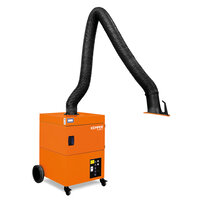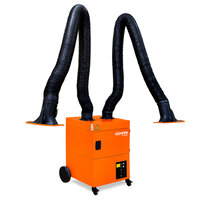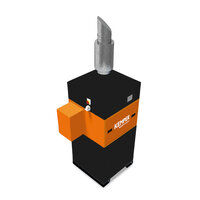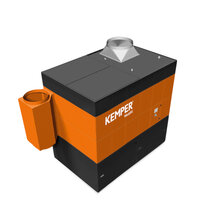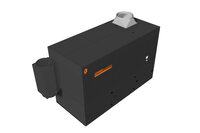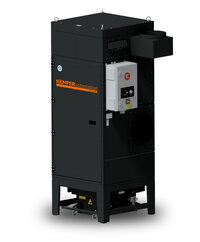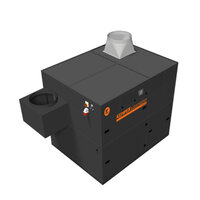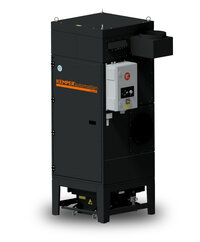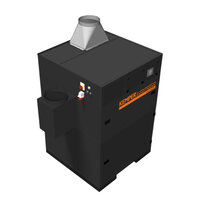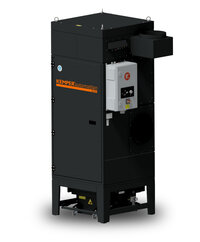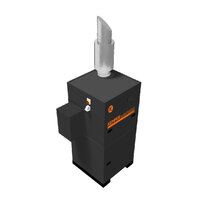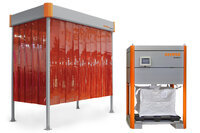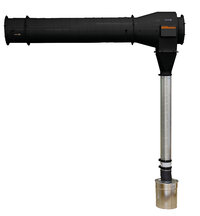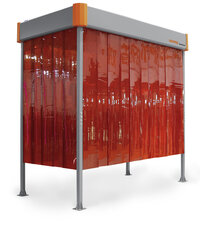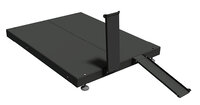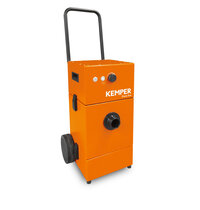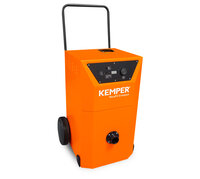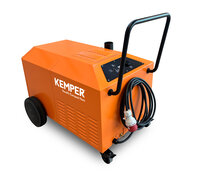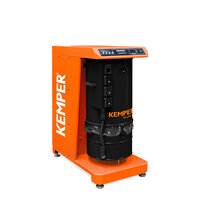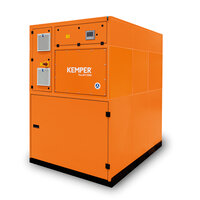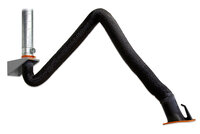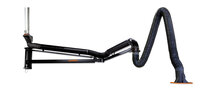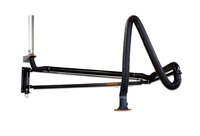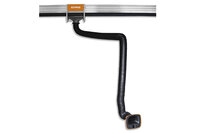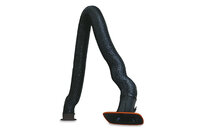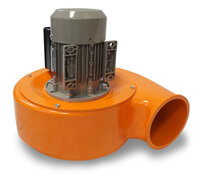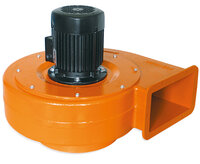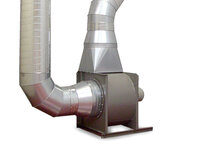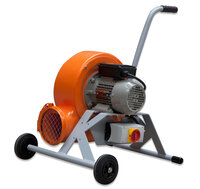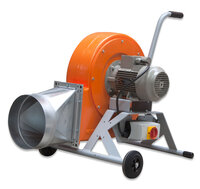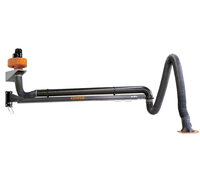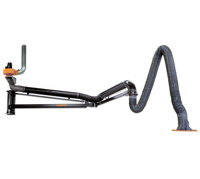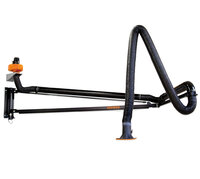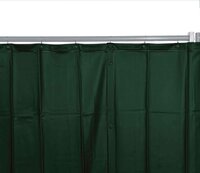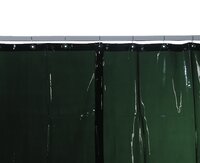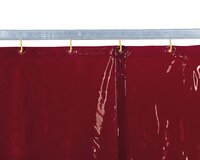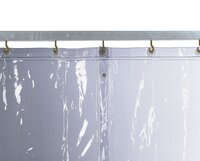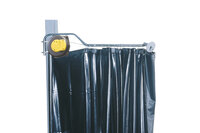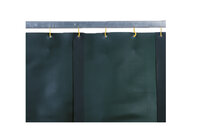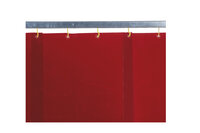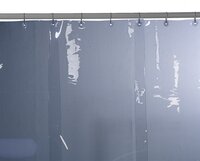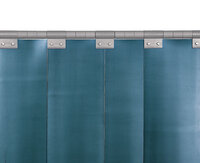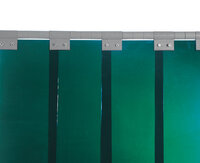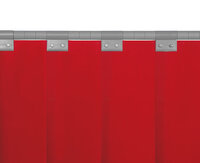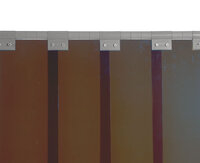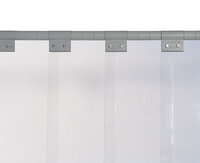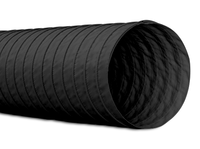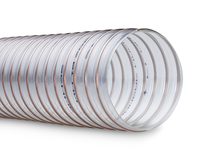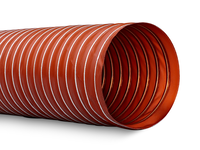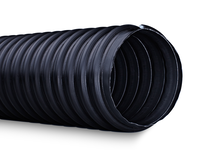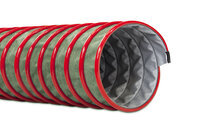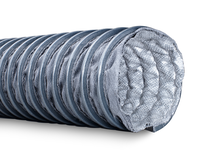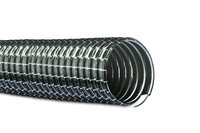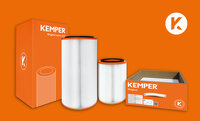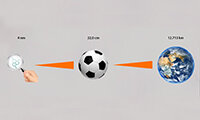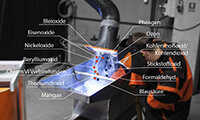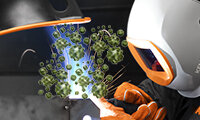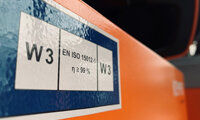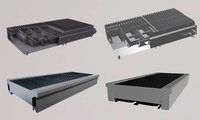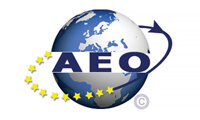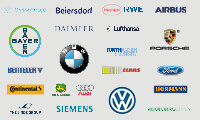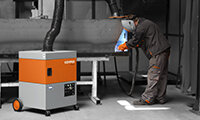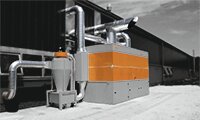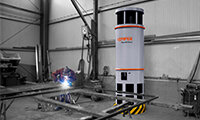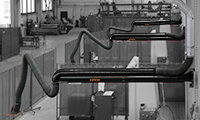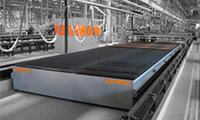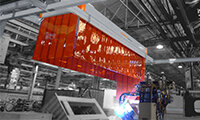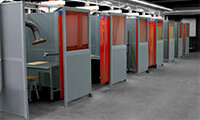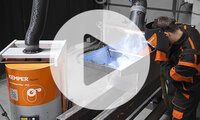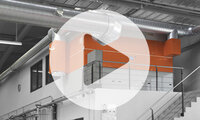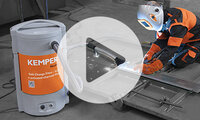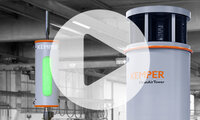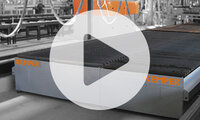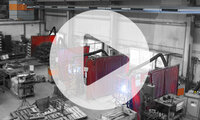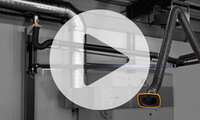-
Please select a product category
-
Products:
Show overview -
Mobile Filter Units
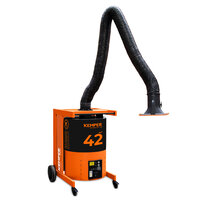
- back | Mobile Filter Units
- Mobile Filter Units: Show overview
-
SmartMaster
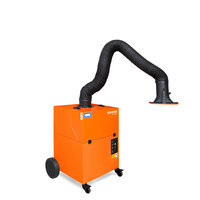 Disposable filter - 13 m²
Disposable filter - 13 m² -
ProfiMaster
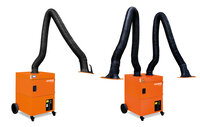 Disposable filter - 17 m²
Disposable filter - 17 m² -
SmartFil
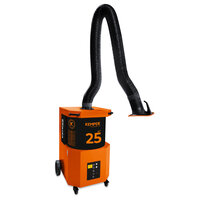 Disposable filter - 25 m²
Disposable filter - 25 m² -
MaxiFil
 Disposable filter - 42 m²
Disposable filter - 42 m² -
MaxiFil Active Carbon
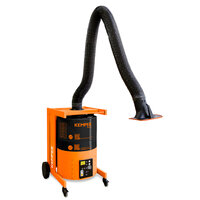 Disposable filter - 34 m²
Disposable filter - 34 m² -
FilterMaster XL
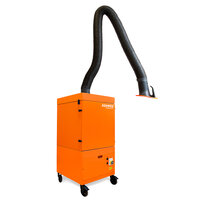 Automatic filter cleaning
Automatic filter cleaning -
MaxiFil Clean
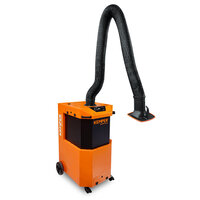 Automatic filter cleaning
Automatic filter cleaning -
Replacement filter
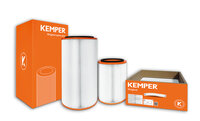 For mobile devices
For mobile devices- back | Replacement filter
- Replacement filter: Show overview
-
Spare filter for SmartMaster
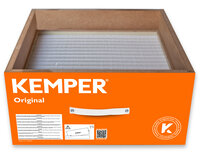 Disposable filter - 13 m²
Disposable filter - 13 m² -
Spare filter for ProfiMaster
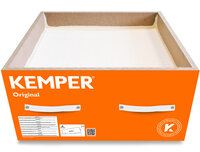 Disposable filter - 17 m²
Disposable filter - 17 m² -
Replacement filter for SmartFil
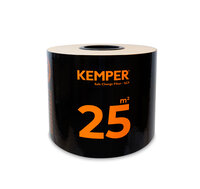 Disposable filter - 25 m²
Disposable filter - 25 m² -
Replacement filter for MaxiFil
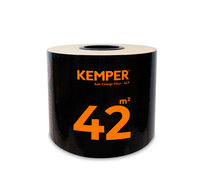 Disposable filter - 42 m²
Disposable filter - 42 m² -
Set Main filter and activated charcoal filter for ...
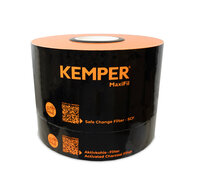
-
Spare filter for MaxiFil
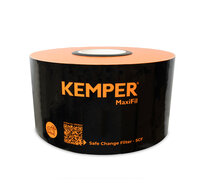
-
Activated charcoal filter
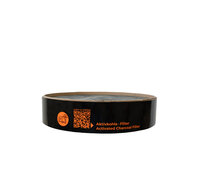
-
Replacement filter for FilterMaster XL
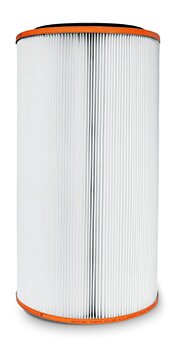 KemTex® ePTFE - 10 m²
KemTex® ePTFE - 10 m² -
Spare filter for Cartridge Filter
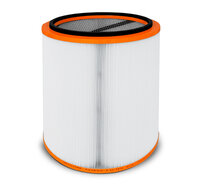 KemTex® ePTFE - 15 m²
KemTex® ePTFE - 15 m² -
Dust collection cartridge MaxiFil Clean (Set of 4)

-
Stationary Extraction Systems
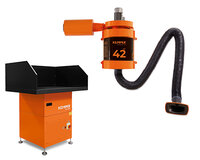
- back | Stationary Extraction Systems
- Stationary Extraction Systems: Show overview
-
WallMaster
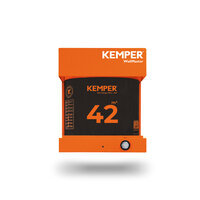 Disposable filter - 42 m²
Disposable filter - 42 m² -
MaxiFil stationary
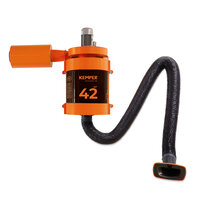 Disposable filter - 42 m²
Disposable filter - 42 m² -
FilterTable
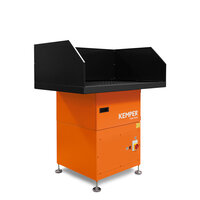 Disposable filter - 16 m²
Disposable filter - 16 m² -
FilterTable GWT
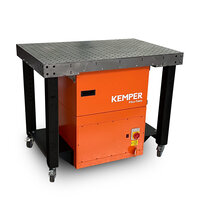 Disposable filter - 15,8 m²
Disposable filter - 15,8 m² -
Cartridge Smoke Filter Unit Stationary
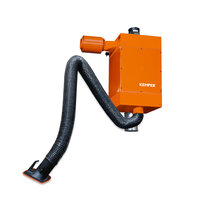 Automatic filter cleaning
Automatic filter cleaning -
Cartridge Smoke Filter Unit Stationary
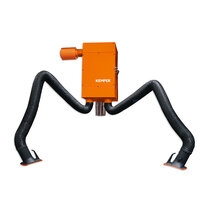 Automatic filter cleaning
Automatic filter cleaning -
FilterCell XL
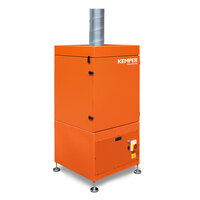 Automatic filter cleaning
Automatic filter cleaning
-
Central Extraction Systems
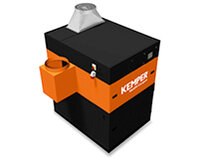
-
High-vacuum Extraction
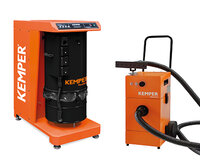
-
General Ventilation Systems
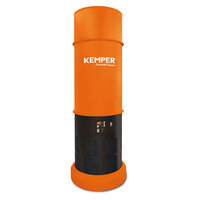
- back | General Ventilation Systems
- General Ventilation Systems: Show overview
-
CleanAirTower SF 9000
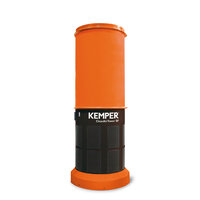 Storage filter - 100 m²
Storage filter - 100 m² -
CleanAirTower
 Automatic filter cleaning
Automatic filter cleaning -
KemJet
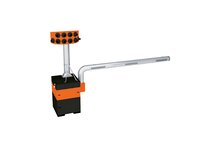 General Ventilation System
General Ventilation System -
System Push-Pull
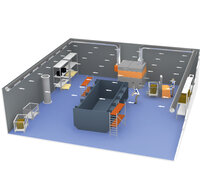
-
Displacement Ventilation
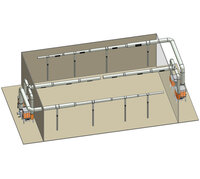
-
Air Monitoring System AirWatch
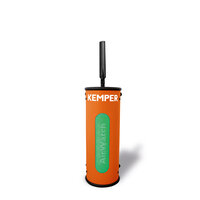 Traffic light red - yellow - green
Traffic light red - yellow - green
-
Exhaust Arms And Fans
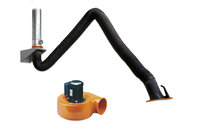
- back | Exhaust Arms And Fans
- Exhaust Arms And Fans: Show overview
-
Exhaust Arms
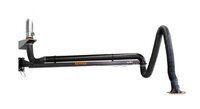 Various arm lengths
Various arm lengths -
Fans
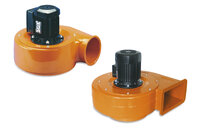
-
Exhaust air set
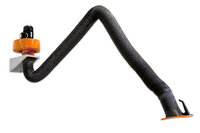 All-In-One
All-In-One
-
Extraction And Cutting Tables
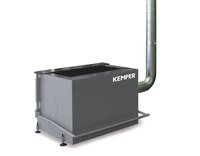
- back | Extraction And Cutting Tables
- Extraction And Cutting Tables: Show overview
-
Extraction Tables For Manual Applications
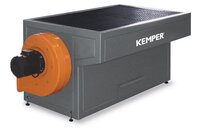
- back | Extraction Tables For Manual Applications
- Extraction Tables For Manual Applications: Show overview
-
Grinding Tables
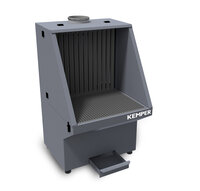
-
Welding Fume Extraction Tables
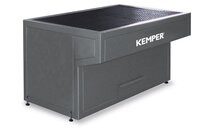
-
Welding Fume Extraction Tables With Fan

-
FilterTable Extraction

-
Hand Cutting Extraction Tables
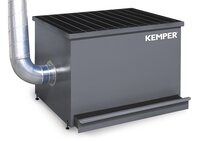
-
Hand Cutting Extraction Table With Fixture
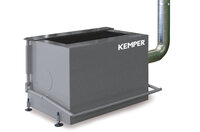
-
Welding Smoke Extraction Training Tables
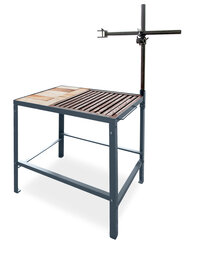
-
Training table with forced position welding ...
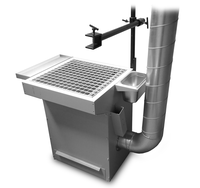
-
Fume Extraction Tables For Cutting Systems
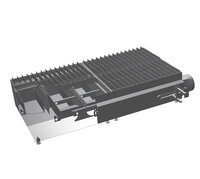
- back | Fume Extraction Tables For Cutting Systems
- Fume Extraction Tables For Cutting Systems: Show overview
-
KemTab
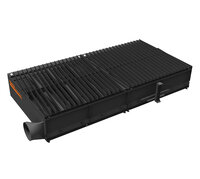 up to 300 Ampere
up to 300 Ampere -
KemTab Advance
 up to 300 Ampere
up to 300 Ampere
-
Occupational safety and partition walls
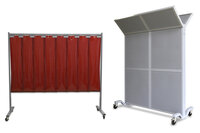
- back | Occupational safety and partition walls
- Occupational safety and partition walls: Show overview
-
Welding Protection Curtain
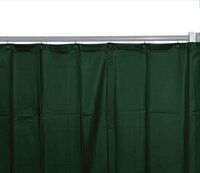
-
Welding strip curtains
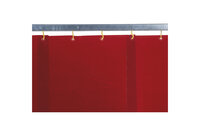
-
Welding protection strips
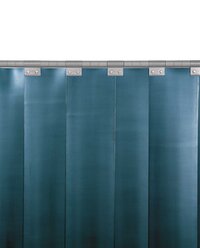
-
Welding protectors
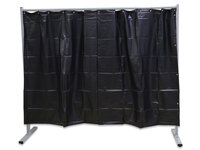
- back | Welding protectors
- Welding protectors : Show overview
-
1-Panel Mobile Protective Screen With Curtain

-
1-Panel Mobile Protective Screen With Curtain
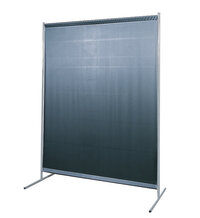
-
1-Panel Mobile Protective Screen With Strip ...
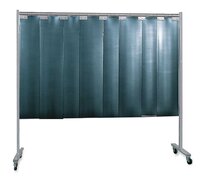
-
1-Panel Mobile Protective Screen With Strip ...
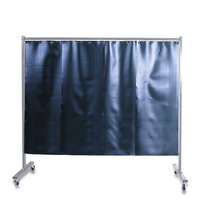
-
3-Panel Mobile Protective Screen With Curtain
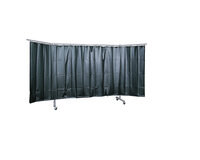
-
3-Panel Mobile Protective Screen With Strip ...
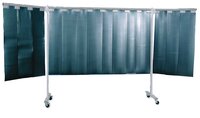
-
3-Panel Mobile Protective Screen With Strip ...
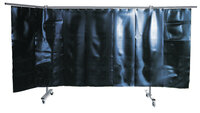
-
Wheel set
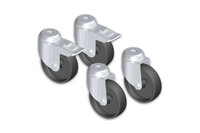
-
Welding protective blankets
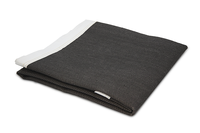
- back | Welding protective blankets
- Welding protective blankets: Show overview
-
Welding Blanket 750°C

-
Welding Blanket 950 °C

-
Welding Blanket 1.350°C

-
Sound Insulating Partitioning Wall Systems
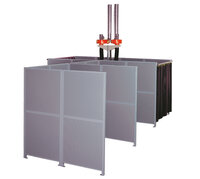
-
Mobile soundproof wall
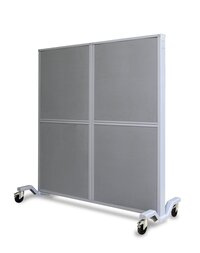
-
Pivoting arm, wall-mounted or with column
- back | Pivoting arm, wall-mounted or with column
- Pivoting arm, wall-mounted or with column: Show overview
-
Pivoting Arm
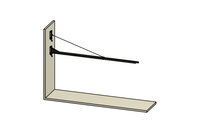
-
Pivoting Arm

-
Pivoting Arm Including Column
-
Pivoting Arm Including Column
-
Swivel Arm
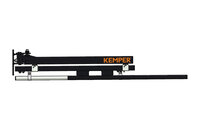
-
Hoses
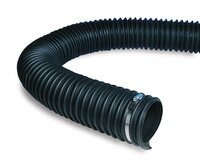
-
Please select a page
-
Worth knowing:
Show overview -
Weldings fumes in general
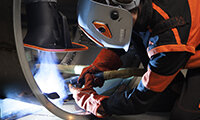
-
Regulations of welding fumes

- back | Regulations of welding fumes
- Regulations of welding fumes: Show overview
-
1. Overview

-
2. Hazard Assessment
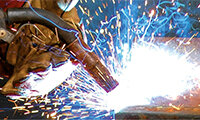
-
3. Measures of fume extraction
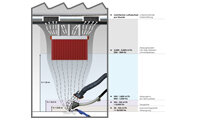
-
4. Effectiveness check
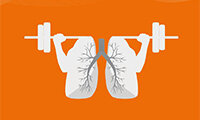
-
Extraction unit - Overview of applications
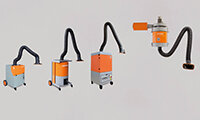
- back | Extraction unit - Overview of applications
- Extraction unit - Overview of applications: Show overview
-
Mobile Extraction Systems - Area of application
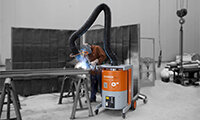
-
Mobile Extraction Systems - selection criteria
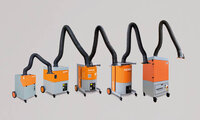
-
Stationary Extraction Systems - application area
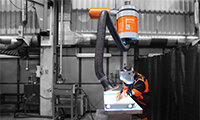
-
Stationary Extraction Systems - selection criteria
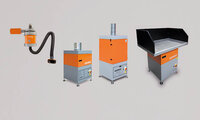
-
Zentrale Absauganlage - Filteranlage Überblick
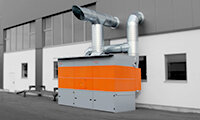
- back | Zentrale Absauganlage - Filteranlage Überblick
- Zentrale Absauganlage - Filteranlage Überblick: Show overview
-
Central Extraction Systems - overview
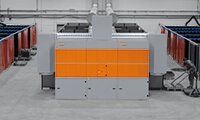
-
Central Extraction Systems in detail
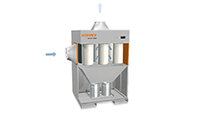
-
Accessories for central extraction units
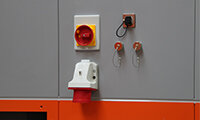
-
IFA W3 examination for central filter unit

-
Surface filtration Filter cartridges
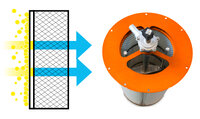
-
General ventilation system
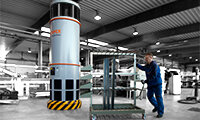
-
Exhaust arm overview
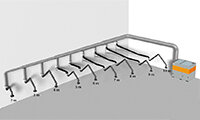
-
Extraction table - cutting table
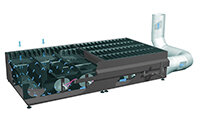
-
Please select a page
-
Current topics:
Show overview -
News

-
Trade fairs

-
Luftreiniger AirCO2NTROL
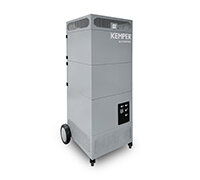
-
Please select a page
-
Blog:
Show overview
-
Please select a page
-
Services:
Show overview -
Catalogue order
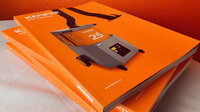
-
Downloads

-
Product registration
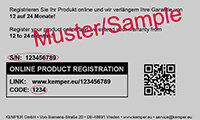
-
Videos

-
Please select a page
-
Downloads:
Show overview
The welding fume separation class W3 - new ISO 21904 features
The international standard for the testing of welding fume filtering devices describes the requirements placed on devices with regard to operability, detection and separation efficiency. For high-alloy steels, this standard requires a separation efficiency against welding fumes of at least 99%: Welding fume separation class W3. In Germany, air filtered with appropriately tested and certified equipment may also be returned to the work area when processing high-alloy stainless steels. In other countries, the W3 certificate, which is awarded by the Institute for Occupational Health and Safety (IFA) in Sankt Augustin, is regarded as a sign of quality.
Until mid-2020, the basis for this audit was the ISO 15012 series of standards. It was fundamentally revised and reorganised under the number ISO 21904. The new series of standards was published in June 2020. Since then, the IFA has been conducting tests according to the German edition of the DIN EN ISO 21904 standard. Existing certificates according to DIN EN ISO 15012 remain valid until the respective expiry date and continue to allow the operation of the units with clean air recirculation in Germany.
Depending on the type and size of the collection device (e.g. extraction bonnet or extraction burner), certain air velocities are prescribed in the suction field. This results in minimum volume flows, which have been specified for the first time in the new ISO 21904 standard, also for welding torches with integrated extraction.
A smooth-running and easy-to-position extraction arm is a safety aspect. If the extraction arm is sluggish, it will be adjusted less frequently and welding fumes will not be collected. Therefore, the new ISO 21904 standard also regulates the force required to move extraction arms.
Another important point in the revision results from the scope. The ISO 21904 standard only applies to extraction systems. These require the presence of a detection device, for example an extraction bonnet. Such detection devices are not present in room ventilation systems such as filter towers or when the room air is drawn in via a pipe with ventilation grilles. For this reason, room ventilation systems no longer receive a W3 certificate. However, the same applies here: Existing DIN EN ISO 15012 certificates retain their validity until they expire, but can no longer be renewed thereafter.
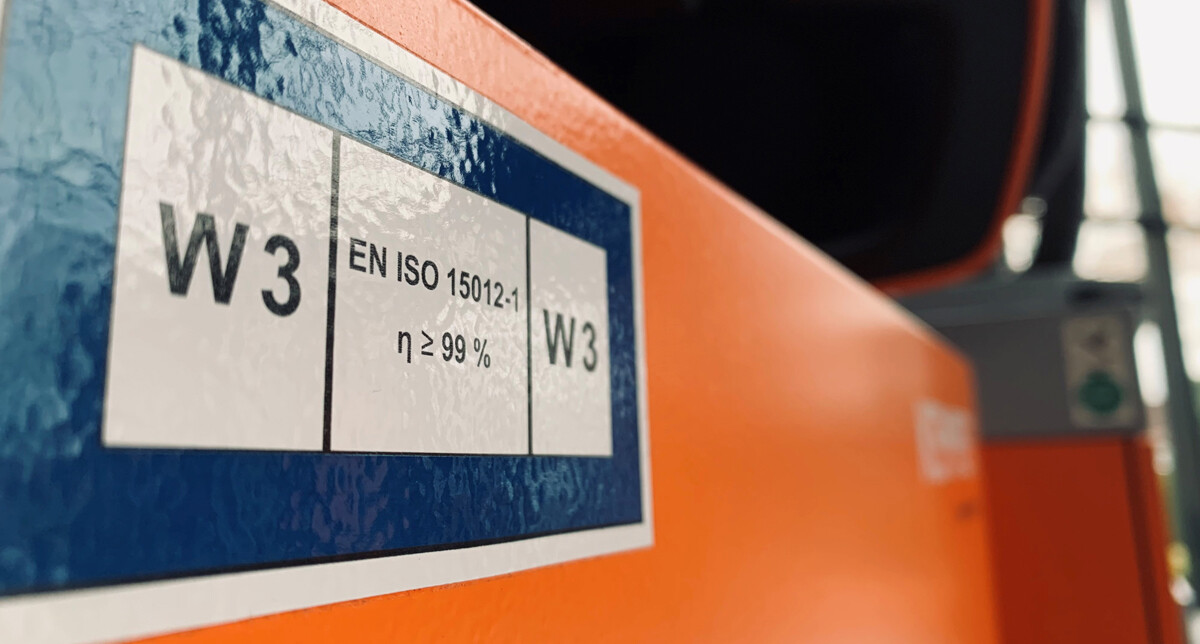
Search Kemper.eu
Use the search box below to search for products, services and information on Kemper.eu.
CloseHow may we contact you?
Just fill out the form. We will contact you as soon as possible.

